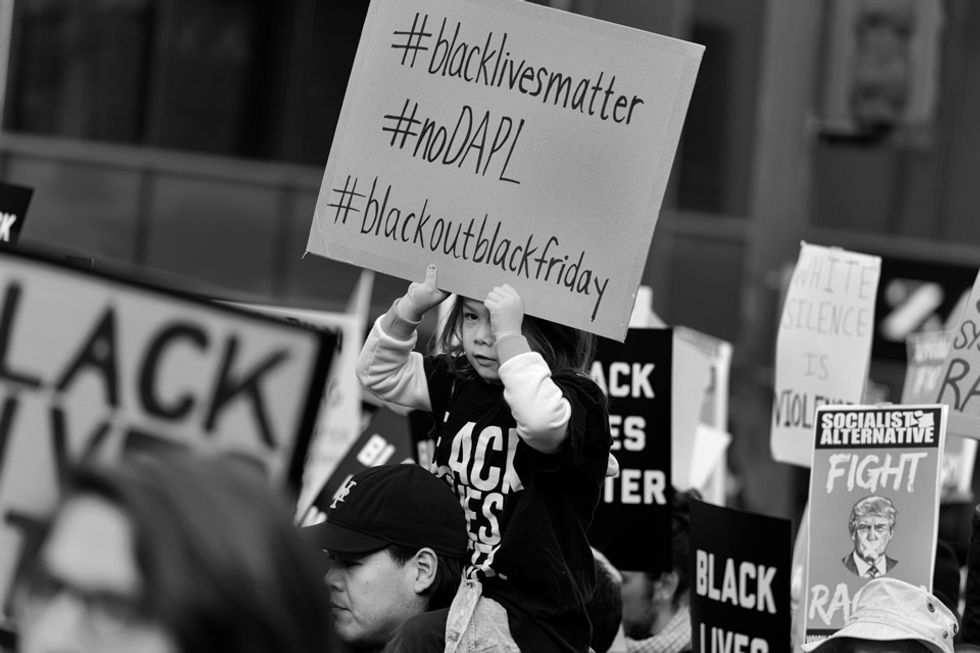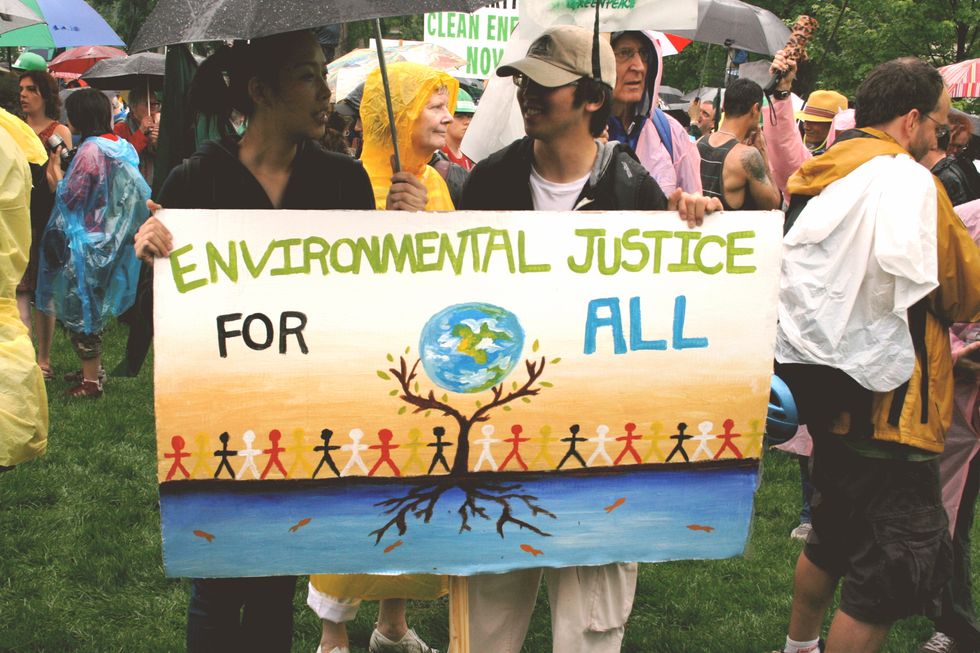Environmental racism and environmental justice are topics not only integral to environmental issues but to American culture in general. The Flint water crisis and the continuation of the Dakota Access Pipeline and Keystone XL Pipeline are recent examples, as their ongoing statuses endanger the lives of minorities and their communities. As a country that prides itself on being #1, why do we display such a shocking lack of empathy toward our minority groups? Why do we allow such passive-aggressive tactics, such as unclean water and appropriation of land, to continue?
In an article published by The Goldman Environmental Prize, Jacqueline Patterson, the Environmental and Climate Justice Director for the NAACP, even spoke on how communities of color suffer:
“An African American child is three times more likely to go into the emergency room for an asthma attack than a white child, and twice as likely to die from asthma attacks as a white child. African Americans are more likely to die from lung disease, but less likely to smoke. When we did a road tour to visit the communities that were impacted by coal pollution, we found many anecdotal stories of people saying, yes, my husband, my father, my wife died of lung cancer and never smoked a day in her life. And these are people who are living within three miles of the coal-fired power plants we visited.”

As a consequence, America's lack of empathy toward minority groups manifests itself further. Within environmental racism lies our country's discrimination, marginalization, and social deprivation. Even further, we have to ask ourselves, why has public outcry toward the Flint water crisis and even the Dakota Access Pipeline and Keystone XL Pipeline died down? Specifically, when these issue are still very much alive and can be fixed?
As a proud country, we can't divide ourselves so thoroughly. More than that, we have to foster more compassion, specifically toward our disadvantaged neighbors. And finally, if we don't fight for the Environmental Justice Movement, we won't see a change.






 The minimum wage is not a living wage.
StableDiffusion
The minimum wage is not a living wage.
StableDiffusion
 influential nations
StableDiffusion
influential nations
StableDiffusion












